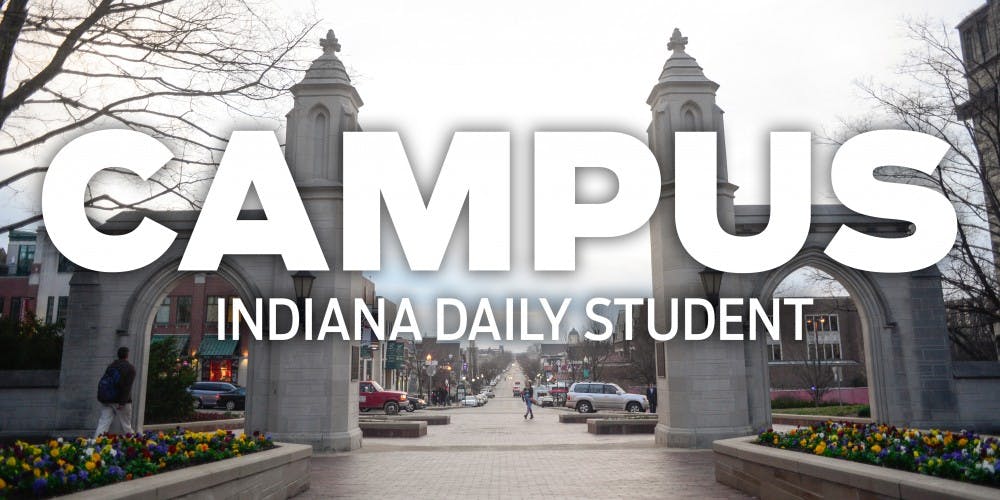The sanctuary campus movement, designed to aid and protect undocumented students, has grown nationally. However, the definitions of sanctuary campuses vary between different universities and activist organizations and some universities fear a loss of funding if they become sanctuary campuses.
A sanctuary campus creates a protocol for a university’s staff and faculty to prevent the removal of undocumented students from campuses by immigration officials, said Dara Marquez, a member of Indiana Undocumented Youth Alliance.
While IU has its own sanctuary campus movement led by the UndocuHoosier Alliance, organizations at campuses, including Purdue University and University of Notre Dame, around Indiana are also working toward a sanctuary campus.
“Unless there is a very clear protocol where we know action will be taken for our protection, we cannot feel safe in the environment,” Marquez said.
Marquez said she understands that, for public schools, funding through federal aid complicates the issue. However, she said the reality of being deported in a class or dorm is a huge fear for undocumented students and makes the sanctuary designation and associated protocol even more important.
Marquez said IU’s UndocuHoosier Alliance is a great example of a group taking action for undocumented students in the political environment.
The UndocuHoosiers have worked with the Bloomington Faculty Council and Provost Lauren Robel to discuss their demands. On Jan. 31, at a Bloomington Faculty Council meeting, professor Shane Greene read an UndocuHoosiers signed statement advocating for a sanctuary campus along with other comments on recent executive orders.
BFC member and law professor Steve Sanders and other BFC members met with the UndocuHoosiers soon after the meeting to discuss what the UndocuHoosiers wrote and their ongoing mission.
“This a group we want to sit down with and make some concrete progress,” Sanders said.
The sanctuary campus designation at IU and at many schools across the country is still a challenge. Public schools fear losing funding from the state and federal government if they defy federal law.
“If IU were to take a stance it wasn’t going to cooperate, the harmful consequence is it would quickly get the attention of Indiana state lawmakers, who tend to have very conservative attitudes,” Sanders said.
IU is legally under the control of the general assembly because the legislative body approves IU’s budget, Sanders said. The general assembly could do anything from passing a law that requires IU to cooperate with federal authorities to trying to cut its budget.
Marquez said state representatives aren’t necessarily aware of the daily life or reality for undocumented students because they have so many constituents to serve. Many people aren’t familiar with the Deferred Action for Childhood Arrivals program either, she said.
“It is necessary for administration to be engaged in these conversations and for student groups to form on campus to raise awareness,” Marquez said.
However, Sanders also said that in the statements issued by IU’s president and provost, it has been made clear IU Police Department does not get involved in immigration enforcement or ask about immigration status. It only shares information to the extent required by law or subpoena.
It is a strong protection that IU does not know students’ legal statuses, Sanders said. Unless they are in the DACA program, the University does not collect that information and presumably would have nothing to report if the federal government inquired.
“We don’t ask for the status of people, and if we don’t ask, it’s not possible to take any sort of action against them,” Sanders said.
Marquez said she believes the university, and the student population, would feel much safer with the guarantee of a sanctuary campus.
“We would benefit from sanctuary campus because we would know our campus community has our back,” Marquez said.






